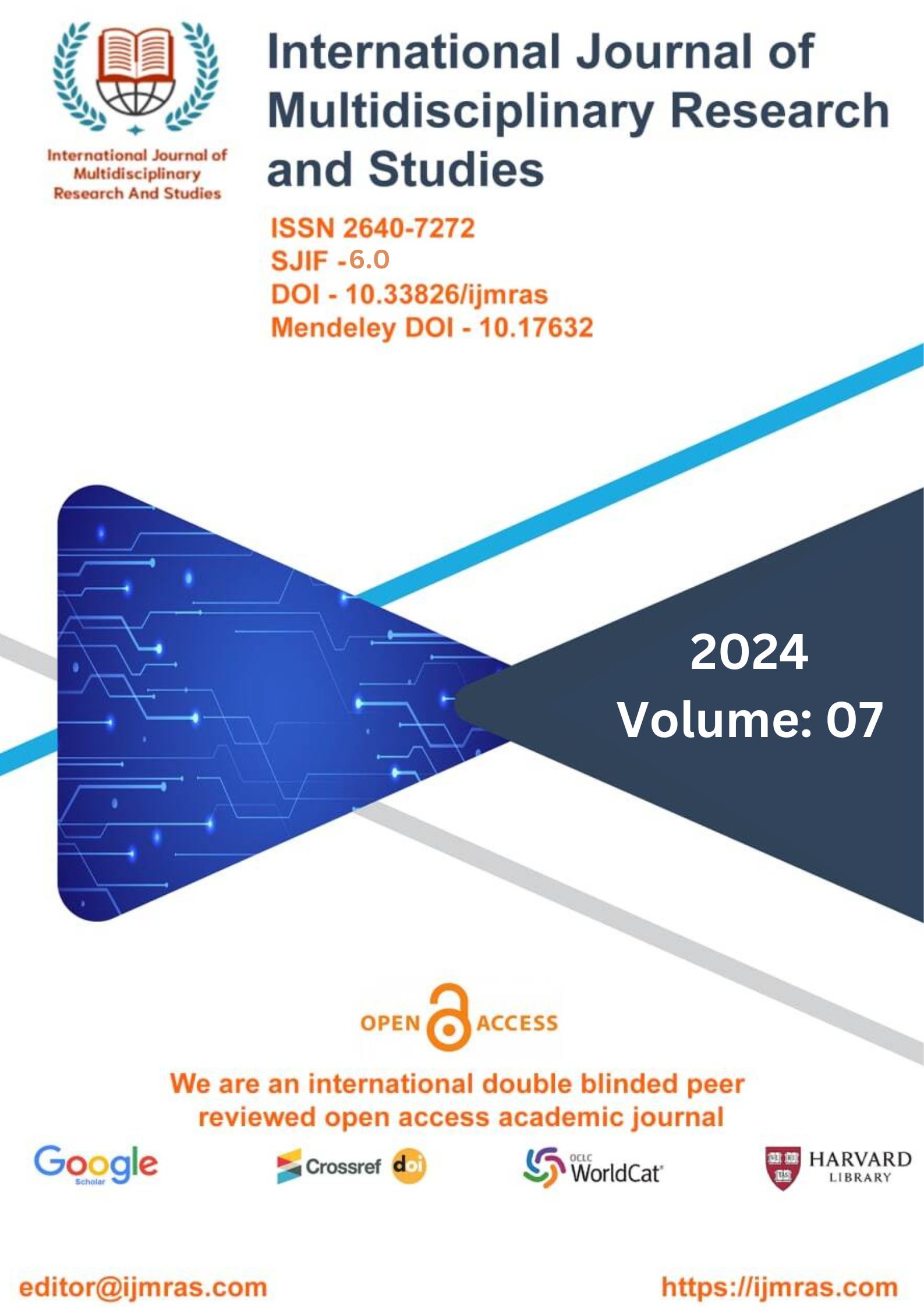


Students at Chinese Memorial University need to have a wide variety of transferable abilities, and communication skills are one of the most important of them. Students will, during the course of their time at the university, be put in a variety of circumstances, both within and outside of the classrooms, in which they was required to apply their communication skills. Some examples of these scenarios include group projects and oral presentations. In light of this, the purpose of this work is to conduct research on the degree of communication abilities possessed by university students. There were ten aspects of communication abilities that were evaluated using a questionnaire that the individual was responsible for administering to themselves. These aspects included oral, written, and social conduct. Within each component of the overall construct, the reliability of the questionnaire was satisfactory. According to the findings of this research, university students have reached a level where they have developed strong communication abilities. Depending on the country, a variety of educational programmes revolving around what is variously referred to as language, literacy, and/or communication are available. This paper concentrates on the latter, which has traditionally been linked to vocational education and is sometimes referred to as a "key" or "core" talent that is a component of a more extensive set of life and employability skills. Education has played a crucial role in China's policies and overall growth in recent years, as the country has emerged as a major player in the global economy. The purpose of this study is to investigate how both faculty and students at three Chinese further education vocational colleges reacted to the introduction of a key skills communication course.

This work is licensed under a Creative Commons Attribution 4.0 International License.
You may also start an advanced similarity search for this article.